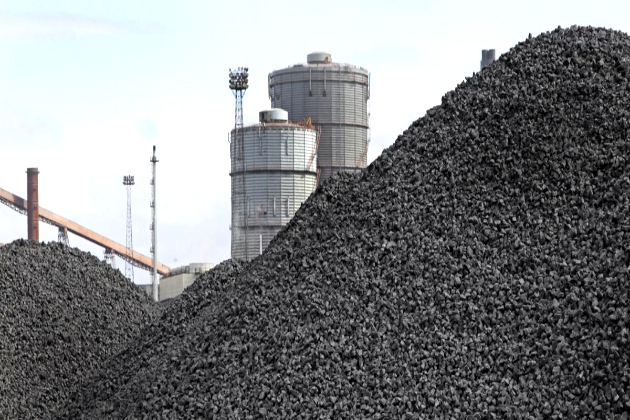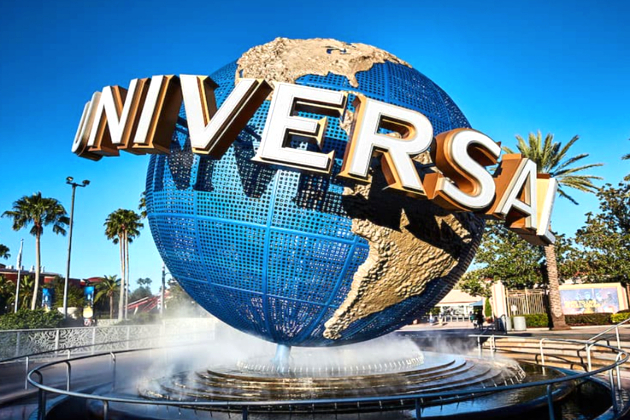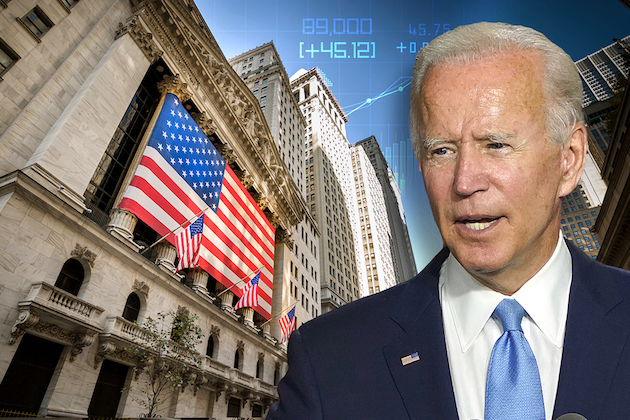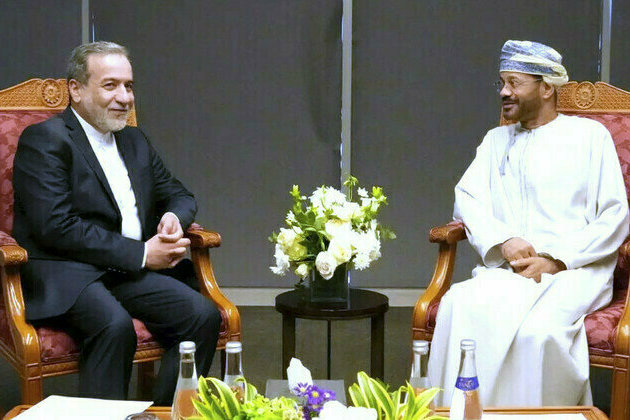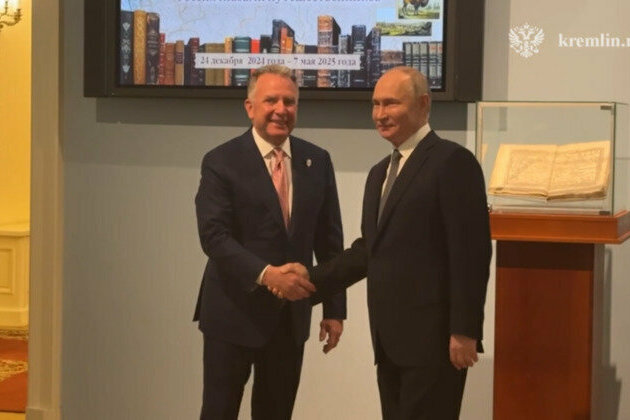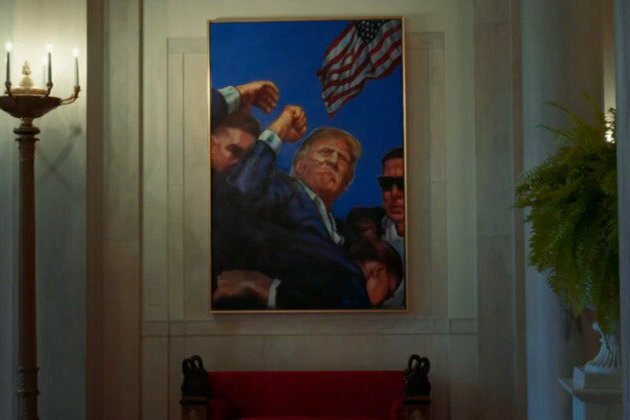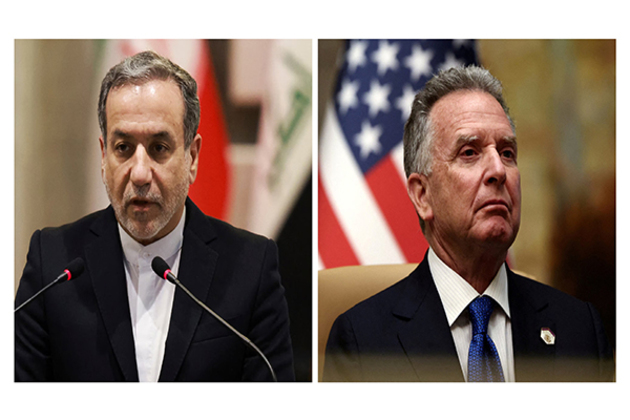Column: Trump's tariff, trade policies create higher consumer prices and supply chain disruptions
Xinhua
13 Apr 2025, 07:15 GMT+10
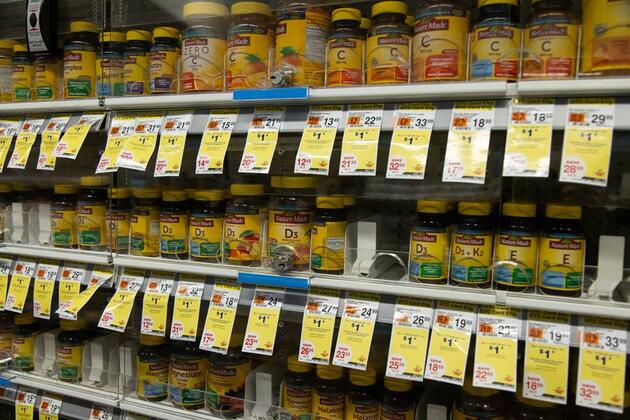
The Trump administration's tariff policies have contributed to rising costs, trade disruptions, inflationary pressures, stagnant wage growth and employment volatility, all of which could hamper the U.S. economy's growth.
by Thong Mengdavid
The tariff and trade policies unilaterally deployed by U.S. President Donald Trump are causing higher consumer prices, increased production costs, supply chain disruption and global retaliation.
IMPACT OF TARIFF HIKES
As a central component of the Trump administration's economic strategy, tariffs have posed several challenges to the U.S. economy. While designed to protect domestic industries and reduce trade deficits, tariffs typically have broader, often more unintended consequences.
One of the most immediate effects is the rising cost of imports, leading to higher consumer prices. By increasing input costs -- raw materials, components and finished goods -- tariffs elevate production expenses for U.S. firms, which are typically passed on to consumers.
This inflationary pressure can reduce disposable income, dampening consumer spending and weakening the overall economy.
Moreover, tariffs can disrupt established supply chains, introducing greater uncertainty and higher costs for firms reliant on importing goods and materials from abroad, potentially leading to delays in production and reduced profitability.
These disruptions can create ripple effects across industries, leading to lower output and slower economic growth.
For many U.S. companies, tariffs also lead to a loss of market access and diminished competitiveness in global markets, affecting their ability to expand and maintain profitability.
MOUNTING CONCERNS OVER "TRUMPCESSION"
The cumulative effects of tariffs could slow down economic growth further, potentially leading to a "Trumpcession."
Recent data, marked by sluggish gross domestic product (GDP) growth, rising unemployment rates and stagnation in key economic sectors, have fueled concerns about a potential U.S. economic recession.
These indicators suggest that the U.S. economy is facing significant headwinds, such as supply chain disruptions, rising inflation and slowing business investment.
The fear is that the cumulative effect of these factors may push the U.S. economy into a recession, which is often associated with a broad contraction in economic activity, leading to reduced consumer spending and business confidence. Looking ahead, the economic outlook remains uncertain.
The imbalance created by tariffs may also provoke countermeasures from other economies, further complicating trade relations and intensifying economic challenges for the United States, including delayed capital investment and heightened market volatility.
Moreover, ongoing adjustments to the U.S. economic model -- partly driven by the Trump administration's trade policies -- may prompt shifts in business strategies, supply chains and overall market dynamics.
If the global economy remains interconnected and increasingly reliant on cross-border trade, tariffs could become an obstacle to long-term growth, both domestically and internationally.
All in all, the Trump administration's tariff policies have contributed to rising costs, trade disruptions, inflationary pressures, stagnant wage growth and employment volatility, all of which could hamper the U.S. economy's growth.
As the United States grapples with these issues, the broader economic trajectory suggests the risk of a recession, potentially marked by a prolonged period of stagnation and diminished economic activity.
Editor's note: Thong Mengdavid is a lecturer at the Institute for International Studies and Public Policy of the Royal University of Phnom Penh in Cambodia.
The views expressed in this article are those of the author and do not necessarily reflect those of Xinhua News Agency.
 Share
Share
 Tweet
Tweet
 Share
Share
 Flip
Flip
 Email
Email
Watch latest videos
Subscribe and Follow
Get a daily dose of Baton Rouge Post news through our daily email, its complimentary and keeps you fully up to date with world and business news as well.
News RELEASES
Publish news of your business, community or sports group, personnel appointments, major event and more by submitting a news release to Baton Rouge Post.
More InformationBusiness
SectionWhite House Plans New Push to Boost US coal amid AI energy surge
WASHINGTON, D.C.: The White House is preparing a new directive aimed at reviving domestic coal production as energy demands surge from...
Universal plans major theme park north of London
LONDON, UK: Universal is setting its sights on Britain as the next destination for its global theme park expansion, marking a major...
Tesla enters Saudi market amid EV push and lingering tensions
RIYADH/DUBAI: Tesla entered the Saudi Arabian market this week, taking on a country with ambitious electric vehicle goals but limited...
Wall Street volatile as Trump leads world on path to GFC II
NEW YORK, New York - U.S, and global financial markets were in crisis Friday as China increased its tariffs on the U.S. to 125 percent,...
Airbus teams up with Amazon to boost in-flight connectivity
HAMBURG, Germany: Airbus is looking to expand in-flight connectivity options through a new satellite partnership with Amazon, as the...
Thailand shifts trade strategy amid steep US tariffs
BANGKOK, Thailand: Thailand is adjusting its trade strategy in response to unexpectedly steep U.S. tariffs, moving to soften the economic...
World
SectionVegetable oil price surge stabilizes global food costs in March
PARIS, France: A spike in vegetable oil costs helped steady global food prices in March, offsetting declines in other staples like...
Iran and US unveil results of nuclear talks
Both sides described the high-stakes negotiations in Oman as constructive and agreed to meet again for real talks soon Iran and the...
Column: Trump's tariff, trade policies create higher consumer prices and supply chain disruptions
People shop for groceries at a store in New York, the United States, on March 28, 2025. (Photo by Michael Nagle/Xinhua) The Trump administration's...
Rubio and Musk back Witkoffs peace efforts
The top US diplomat has agreed that Steve Witkoff is busting his ass for President Trump The US leader's confidant spent over four...
White House replaces Obama portrait with defiant Trump
The painting of the current US president with blood on his face and the American flag now hangs in the Grand Foyer The White House...
US-Iran hold talks in Muscat to resolve differences "through dialogue and diplomacy"
Washington DC [US], April 13 (ANI): US Special Envoy Steven Witkoff held talks with Iran's Foreign Minister Abbas Araghchi in Muscat,...

